The crisp mountain air fills your lungs as you strap on your skis for the first time. Learning to ski is an exhilarating journey that combines physical challenge with breathtaking alpine scenery. Across snow-covered resorts worldwide, professional instructors guide beginners through the fundamentals while helping experienced skiers refine their technique. Ski schools have evolved far beyond simple group lessons, now offering tailored programs for every age, ability level, and learning style.
Modern ski instruction has shed its one-size-fits-all approach in favor of personalized coaching methods. Where traditional classes once marched students through rigid skill progressions, contemporary teaching emphasizes adaptive learning based on individual strengths. Instructors now employ movement analysis technology, video feedback, and even smartphone apps to help students visualize and correct their form. The psychological aspect receives equal attention, with many schools incorporating mental preparation techniques for overcoming fear or plateaus.
Children's programs have undergone particularly remarkable transformations. What once amounted to glorified babysitting with skis has become sophisticated youth development systems. Resorts design learning environments specifically for young minds - colorful obstacle courses, themed adventure trails, and reward-based milestone systems keep kids engaged. Safety innovations like harness systems for beginners and RFID-tagged jackets give parents peace of mind. The best programs blend instruction with mountain exploration, nurturing both skills and lifelong passion for winter sports.
Adult learners benefit from specialized teaching approaches that account for different fitness levels and learning curves. Morning coffee ski sessions help newcomers socialize while practicing, while afternoon technique clinics allow intermediates to focus on specific skills. Many resorts now offer women-specific clinics that create supportive environments for practicing away from perceived judgment. For time-crunched professionals, intensive multi-day camps provide accelerated progression through immersive training.
The equipment revolution has dramatically enhanced the learning experience. Modern beginner skis are shorter, lighter, and more forgiving than ever before - designed specifically to make those first turns more achievable. Boot comfort has improved through heat-moldable liners and adjustable flex settings. Some resorts even employ sensor-embedded skis that provide real-time feedback on weight distribution and edge angles during lessons. These technological advancements allow students to progress faster while reducing the frustration and fatigue that once plagued beginners.
Mountain resorts have reimagined their learning terrain to optimize skill development. Dedicated beginner areas now feature perfectly graded slopes with magic carpet lifts for stress-free access. Progression parks offer sequenced challenges with modular features that instructors can rearrange daily. Wide, gently rolling trails allow novices to experience the mountain without intimidation. Some innovative resorts have even created indoor-outdoor hybrid learning centers where students can practice basics in climate-controlled environments before venturing onto snow.
Certification standards for ski instructors have reached unprecedented rigor across most developed ski nations. What was once a seasonal job for skilled skiers has become a respected teaching profession requiring hundreds of hours of training. Top-level certifications now demand expertise in biomechanics, psychology, and adaptive teaching methods alongside exceptional skiing ability. This professionalization has elevated instruction quality dramatically - today's instructors can diagnose and correct technical flaws with remarkable precision.
The economic impact of ski schools extends far beyond lesson revenue. Quality instruction creates loyal resort visitors who return season after season. Beginners who enjoy their initial experience quickly progress to needing better equipment, longer stays, and advanced terrain access. Many family destinations now view their ski school as the cornerstone of guest experience rather than just an ancillary service. This shift has led to significant investment in instructor training and learning infrastructure.
Looking ahead, virtual reality may revolutionize pre-ski preparation, allowing learners to practice movements dryland before hitting the slopes. Artificial intelligence could enable hyper-personalized lesson plans based on a skier's unique biomechanics. One constant remains - the transformative moment when everything clicks and a student glides effortlessly down the mountain. That magical experience, facilitated by skilled instructors, continues drawing new generations to winter's snowy playgrounds.

By George Bailey/Apr 28, 2025
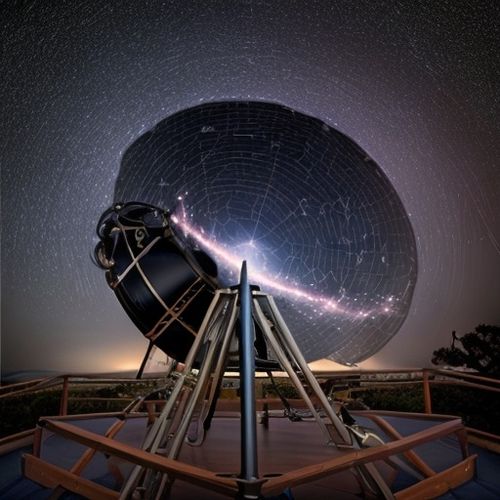
By Lily Simpson/Apr 28, 2025

By Grace Cox/Apr 28, 2025

By David Anderson/Apr 28, 2025
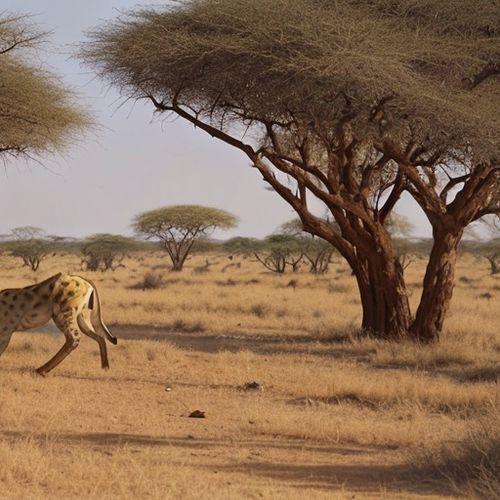
By Megan Clark/Apr 28, 2025

By Natalie Campbell/Apr 28, 2025
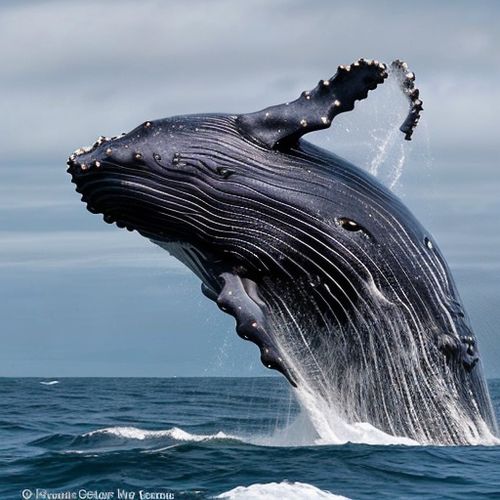
By Olivia Reed/Apr 28, 2025
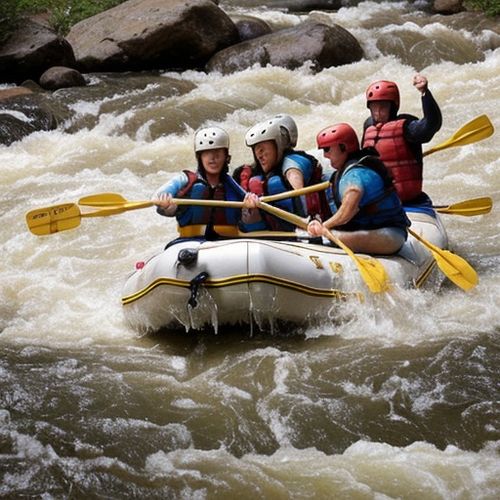
By Rebecca Stewart/Apr 28, 2025
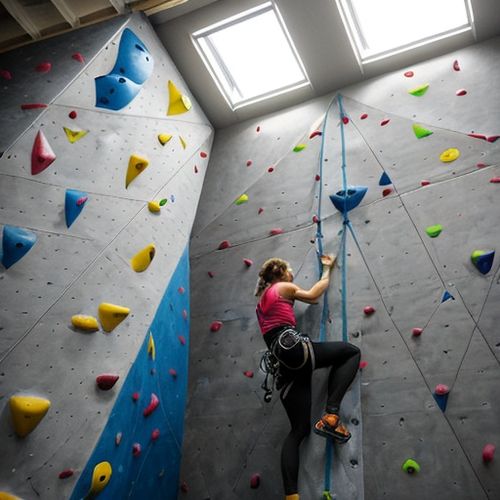
By Eric Ward/Apr 28, 2025
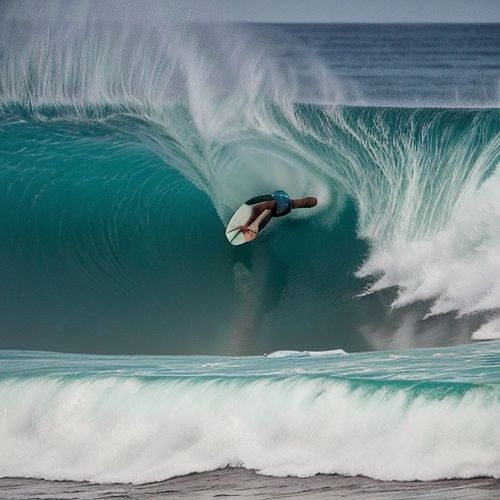
By Grace Cox/Apr 28, 2025

By Noah Bell/Apr 28, 2025
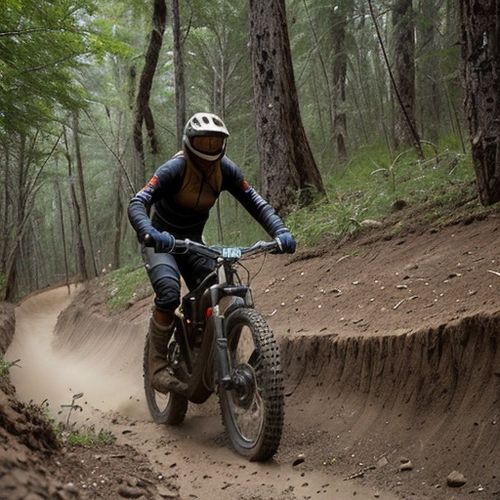
By George Bailey/Apr 28, 2025
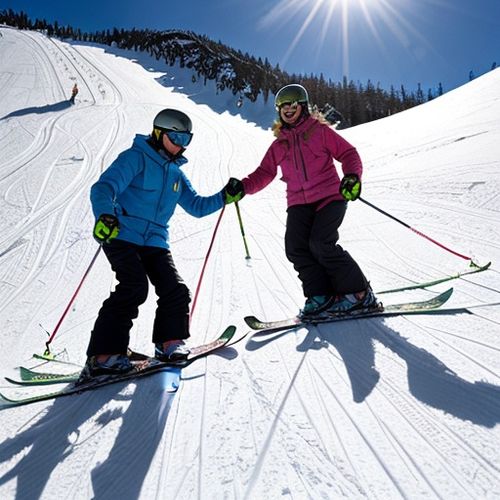
By Michael Brown/Apr 28, 2025
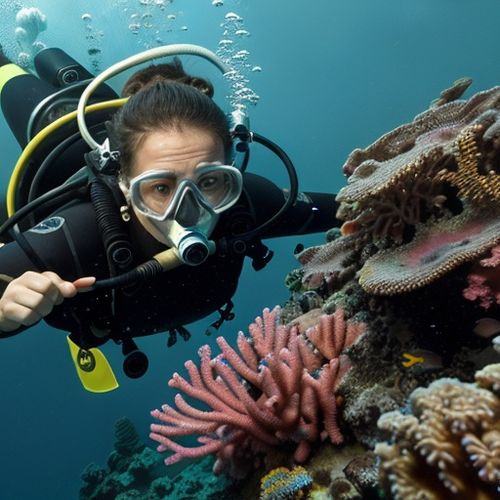
By Samuel Cooper/Apr 28, 2025
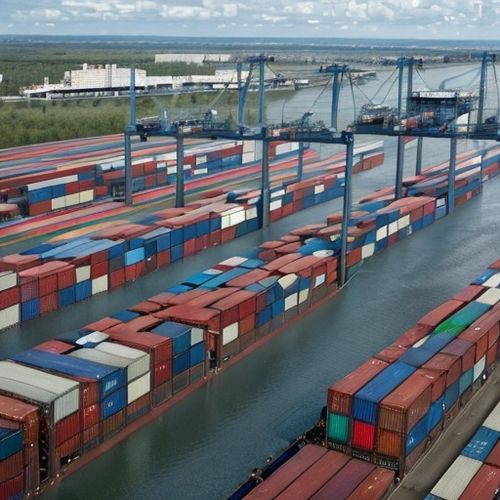
By Laura Wilson/Apr 28, 2025

By David Anderson/Apr 28, 2025
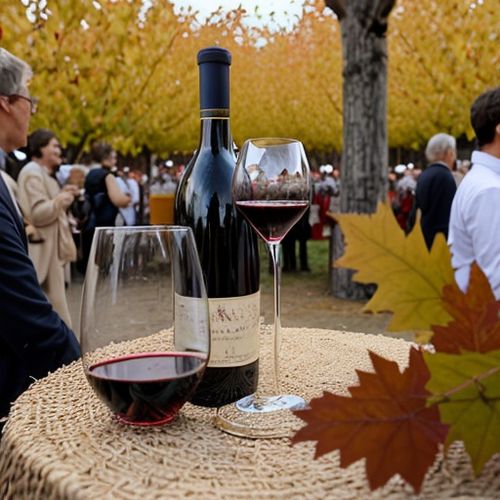
By Noah Bell/Apr 28, 2025
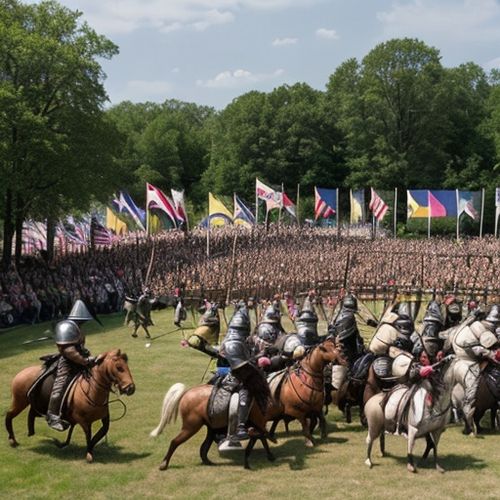
By Benjamin Evans/Apr 28, 2025
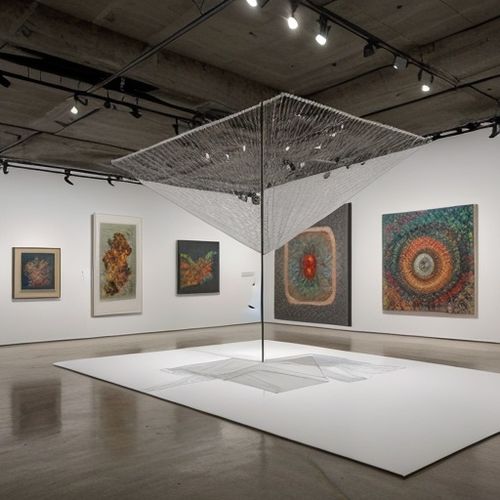
By Megan Clark/Apr 28, 2025
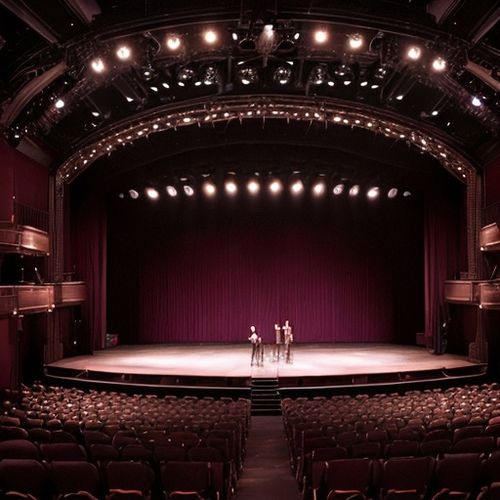
By Noah Bell/Apr 28, 2025